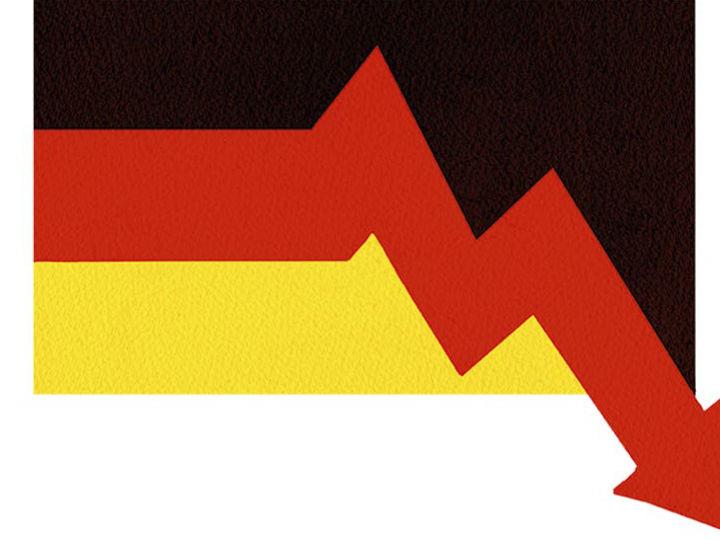
World Economic Forum Annual Meeting 2017
3,000 people converge on a small town in the Swiss mountains for the World Economic Forum’s Annual Meeting 2017, running from 17 to 20 January. What are they doing there? Who are they and what do they hope to achieve?
The World Economic Forum, committed to improving the state of the world, is the International Organization for Public-Private Cooperation.
The Forum engages the foremost political, business and other leaders of society to shape global, regional and industry agendas.
It was established in 1971 as a not-for-profit foundation and is headquartered in Geneva, Switzerland. It is independent, impartial and not tied to any special interests. The Forum strives in all its efforts to demonstrate entrepreneurship in the global public interest while upholding the highest standards of governance. Moral and intellectual integrity is at the heart of everything it does.
Its activities are shaped by a unique institutional culture founded on the stakeholder theory, which asserts that an organization is accountable to all parts of society. The institution carefully blends and balances the best of many kinds of organizations, from both the public and private sectors, international organizations and academic institutions.
The main belief is that progress happens by bringing together people from all walks of life who have the drive and the influence to make positive change.
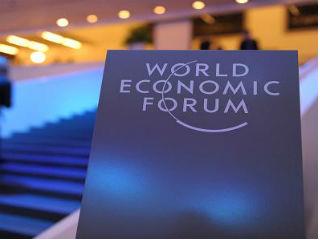
10 achievements from Davos 2017
Our Annual Meeting is often described as a talking shop, but it is also a working meeting for dozens of different communities from all regions of the world, all ages and all sections of society.

The end of globalization? Davos disagrees
In the past few decades, globalization has narrowed the wealth gap between rich and poor countries, but fed into a growing crisis of inequality within Western countries
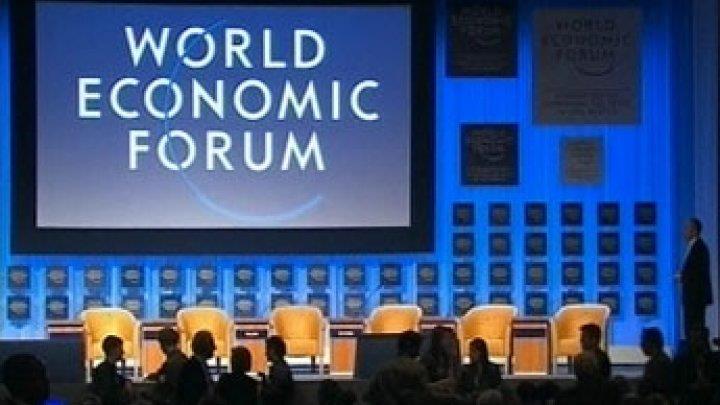
‘This double game is destroying us’ – EU strikes back at its critics in Davos
Leaders of the European Union lashed out at the forces that could bring it down in an emotive session at Davos, days after Theresa May revealed that Britain was heading for a clean break

Jack Ma: America has wasted its wealth
Jack Ma, one of China’s most successful and richest entrepreneurs, has responded to America’s growing globalization backlash, arguing that the superpower has benefited immensely from the process – but that it has largely squandered its wealth
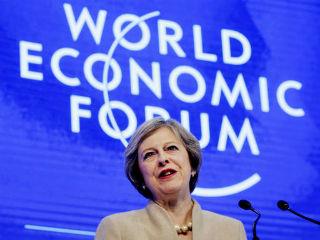
Theresa May at Davos 2017: Her speech in full
Thank you Professor Schwab for that introduction, and thank you for inviting me to speak here at the World Economic Forum this morning
MORE ARTICLES

These 3 trends will define your future, says Jack Ma
By: EBR | Friday, January 20, 2017
In a one-on-one interview on the second day of Davos, Alibaba founder Jack Ma gave his take on a wide range of global issues
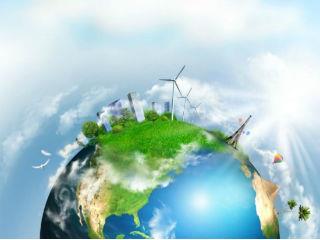
How can we avoid a climate change catastrophe? Al Gore and Davos leaders respond
By: EBR | Thursday, January 19, 2017
Every month, it seems, we are confronted with fresh data that shines a light on the perilous state of our natural environment

In a post-truth world, the fight against climate change is still winnable
By: EBR | Thursday, January 19, 2017
For anyone concerned about disruptive climate change, 2016 was a tumultuous year

Yes, this is the Asian Century. But there’s still cause for Western optimism
By: EBR | Thursday, January 19, 2017
The big question of our time is a simple one: should we feel optimistic or pessimistic for the future of humanity, all 7 billion of us?
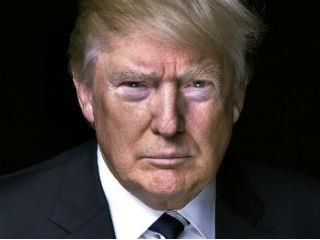
5 things you’ve got wrong about Donald Trump, according to one of his closest aides
By: EBR | Wednesday, January 18, 2017
When Donald Trump was unexpectedly voted in as 45th president of the United States back in November 2016, many commentators predicted it was the beginning of the end for globalization
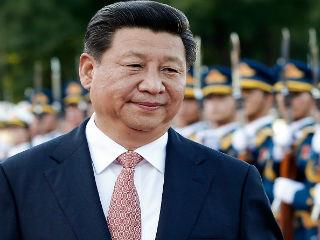
China’s Xi Jinping defends globalization from the Davos stage
By: EBR | Wednesday, January 18, 2017
China’s President Xi Jinping defended economic globalization in his first speech to the World Economic Forum at Davos

Smashing the glass ceiling: 6 Davos leaders explain how they did it
By: EBR | Tuesday, January 17, 2017
When it comes to closing the gender gap, we’ve made an immense amount of progress in a relatively short space of time. But we’re nowhere near where we need to be
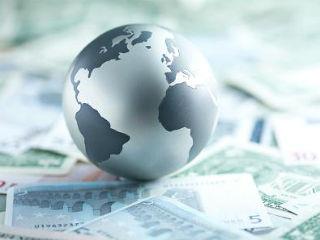
These are the most inclusive economies in the world
By: EBR | Tuesday, January 17, 2017
Slow growth and rising inequality have reached a tipping point in many of the world’s advanced economies
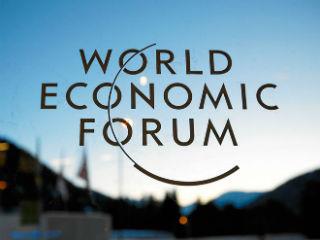
Everything you need to know about Davos 2017
By: EBR | Monday, January 16, 2017
Next week, 3,000 people will converge on a small town in the Swiss mountains for the World Economic Forum’s Annual Meeting 2017, running from 17 to 20 January. What are they doing there? Who are they and what do they hope to achieve?
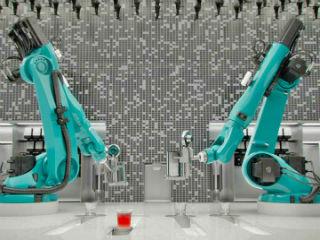
The future is automated. Here’s how we can prepare for it
By: EBR | Monday, January 16, 2017
A good receptionist should have certain characteristics: helpful, friendly, organized. But do they need to be human? Perhaps not anymore

A 10-point guide to responsible leadership in the age of populism
By: EBR | Sunday, January 15, 2017
In a world characterized by epic political, social and technological transformations, there has never been a greater need for responsive and responsible leaders
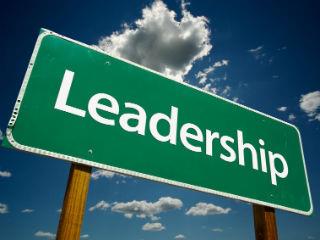
What does leadership really mean?
By: EBR | Tuesday, January 10, 2017
A young person could almost be forgiven for feeling despair and hopelessness today. Everywhere they look, there is escalating inequality and a lack of opportunity

Five leadership priorities for 2017
By: EBR | Wednesday, January 4, 2017
As the past year has demonstrated, leaders must be responsive to the demands of the people who have entrusted them to lead, while also providing a vision and a way forward, so that people can imagine a better future.

Can social media transform politics?
By: EBR | Thursday, December 29, 2016
Of course social media is transforming politics. But it’s not to blame for Brexit and Trump

The most defining moments of 2016, according to 6 global leaders
By: EBR | Wednesday, December 28, 2016
Most people will be glad to see the back of 2016. It was a year of shock elections, record-breaking global temperatures, devastating terrorist attacks, ongoing civil wars and high-profile celebrity deaths



 By: N. Peter Kramer
By: N. Peter Kramer
